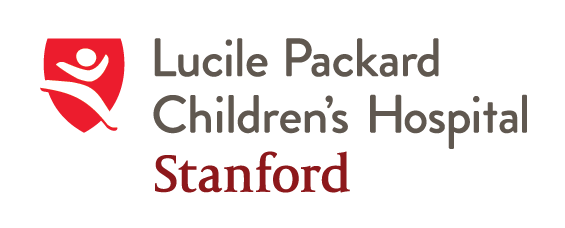By Suzanne Leigh
A hand-held, low-cost gadget that detects pneumonia in children who don’t have access to chest X-ray, a pressure sensing device that sends data to a physician’s office to track how long a child with a chest deformity is wearing their brace and an appliance that fits over the mouth of an infant with cleft palate enabling them to breastfeed. These are among the intriguing inventions developed for pediatric patients.
Now a $6.7 million grant to the newly named UCSF-Stanford Pediatric Device Consortium will enable the development of new gadgets for those medical conditions calling for a collaboration of geniuses.
The grant from the U.S. Food and Drug Administration, announced Aug. 23, 2018, will be received over five years, in accordance with a program launched in 2009 under a mandate from Congress to stimulate the development of devices for the underserved pediatric market.
The consortium, which was founded at UC San Francisco in 2009, will be boosted by a partnership with the Stanford University School of Medicine, which will bring to the table its own fleet of physicians and other clinicians, engineers, IT and industry experts, and clinical fellows from its renowned Stanford Byers Center for Biodesign. Thanks to the zeal and energy of the participants, problems presented by clinicians in a weekly think tank meeting can result in a fully-fledged prototype just weeks later.





